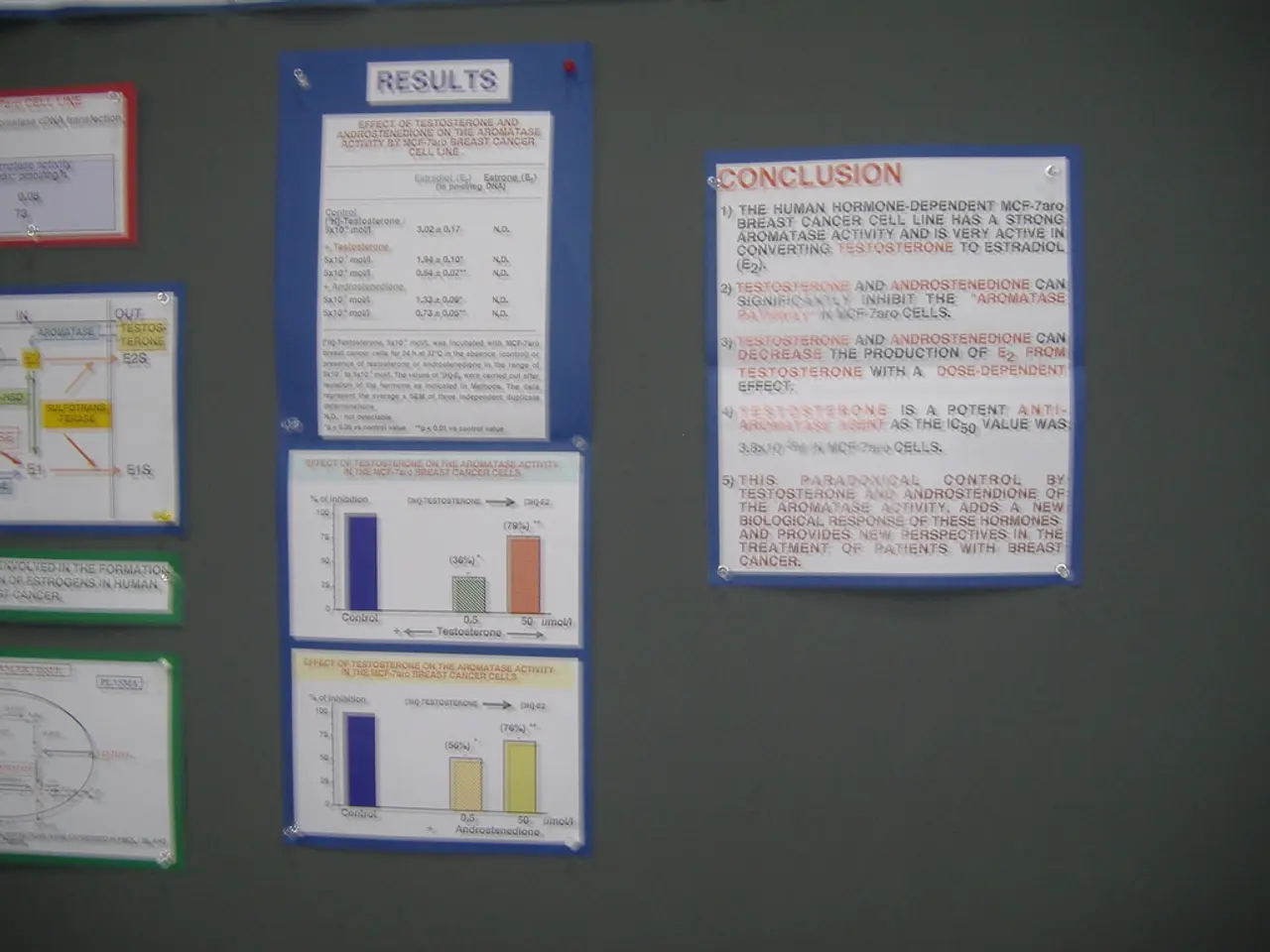Finance Ministry Corrections Income Tax Bill Regarding Advance Tax Interest Payments
The Finance Ministry has tabled the revised Income Tax Bill, 2025, in the house, aiming to replace the 60-year-old income tax law. This new bill includes most of the 285 suggestions made by the Parliamentary Select Committee.
One of the significant changes in the bill is the specification of a 3% flat interest rate on shortfalls for the first three instalments of advance tax (due on June 15, September 15, and December 15), replacing the earlier 1% per month rate proposed in the original draft. For the last instalment (due March 15), the interest remains at 1%. This 3% interest is a one-time levy for the period of each instalment shortfall, aligning the Bill with the current Income Tax Act, 1961 provisions without increasing the overall penal interest burden on taxpayers.
The Minimum Alternate Tax (MAT) and Alternate Minimum Tax (AMT) provisions in the Income Tax Bill, 2025, are divided into two sub-sections under Section 206. The AMT provisions in the 2025 bill only apply to non-corporations that have made deduction claims, and LLPs with only capital gains income are exempt from AMT if there is no claim for a deduction.
Another notable change is the extension of tax benefits to subscribers of the Unified Pension Scheme (UPS), aligning it with the National Pension System for exemptions on withdrawals and retirement benefits. The standard deduction of ₹75,000 has also been extended to taxpayers opting for the new tax regime from Assessment Year 2026-27.
Procedural reform for block assessments has been introduced, where proceedings related to block periods that commence after a search action will now be abated to avoid duplication and simplify assessments. The bill also expands Section 10(23FE) exemption to investments made by Saudi Arabia’s Public Investment Fund and its subsidiaries, encouraging foreign investment.
Corrections of drafting errors related to nil TDS certificates, standard deductions for house property income, tax treatment of commuted pensions, and other technical clarifications have been made to avoid litigation. The bill also replaces the old concept of Assessment Year and Previous Year with a unified "Tax Year" to simplify tax filing and compliance.
The bill focuses on simplification through fewer chapters and reduced wordage. Notably, the word "profession" has been added after "business" in clause 187 of the 2025 bill, allowing professionals who earn more than Rs 50 crore annually to use designated electronic payment methods.
These amendments aim to simplify compliance, reduce litigation, and align interest and exemption provisions with existing laws and practical requirements. The Income Tax Bill, 2025 is set to take effect from April 1, 2026 (FY 2026-27). Companies opting for the new tax regime can claim deductions under Section 80M of the 1961 Act, as per Clause 148 of the IT Bill, 2025.
The earlier draft of the bill, presented on February 13 this year, was withdrawn on August 8 after being sent to a Parliamentary Select Committee for review. The revised bill was tabled in the house by Finance Minister Nirmala Sitharaman on Monday.
The Finance Ministry's revised Income Tax Bill, 2025, tabled in the house, aims to address changes in the finance sector of business, such as a 3% flat interest rate on shortfalls for advance tax instalments, aligning the Bill with current Income Tax Act, 1961 provisions. Additionally, the bill introduces tax benefits for subscribers of the Unified Pension Scheme (UPS), which is a significant move in the field of business finance.




